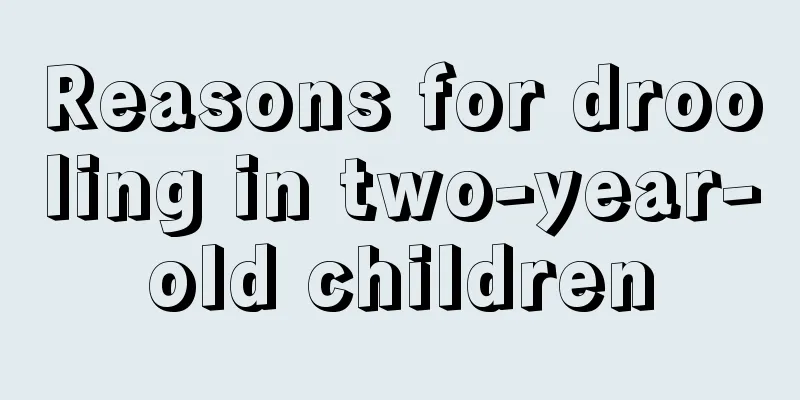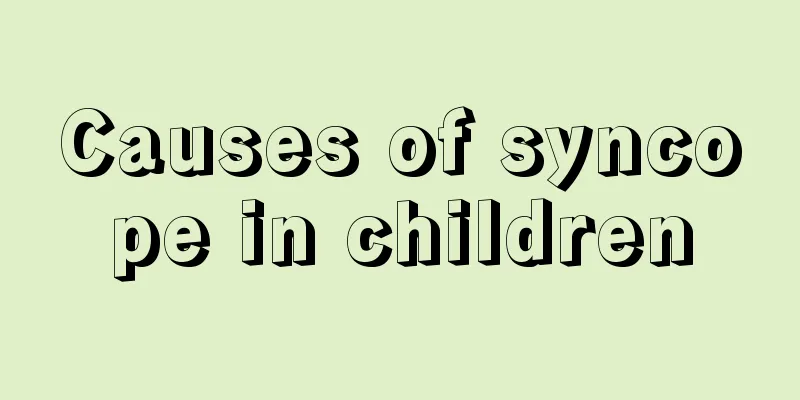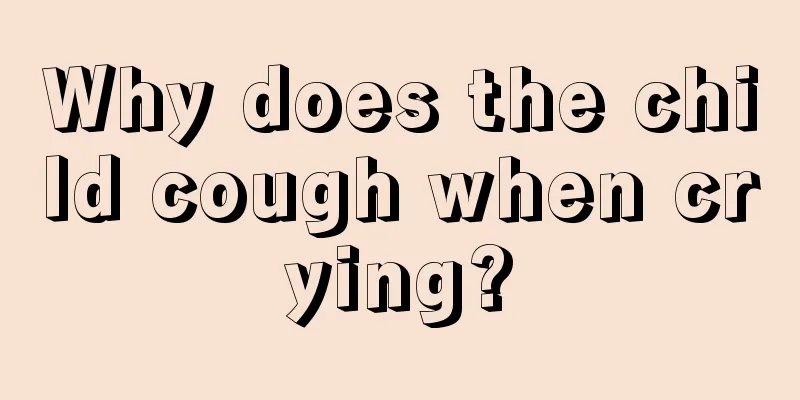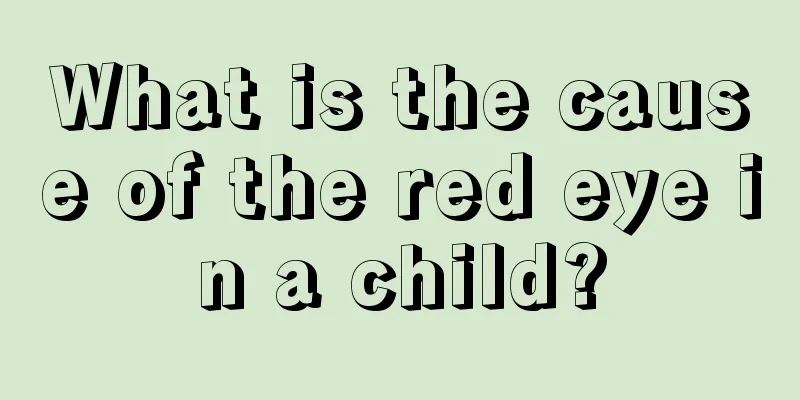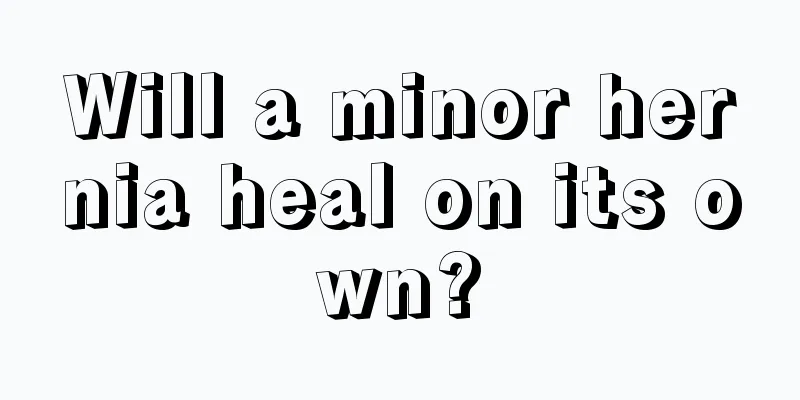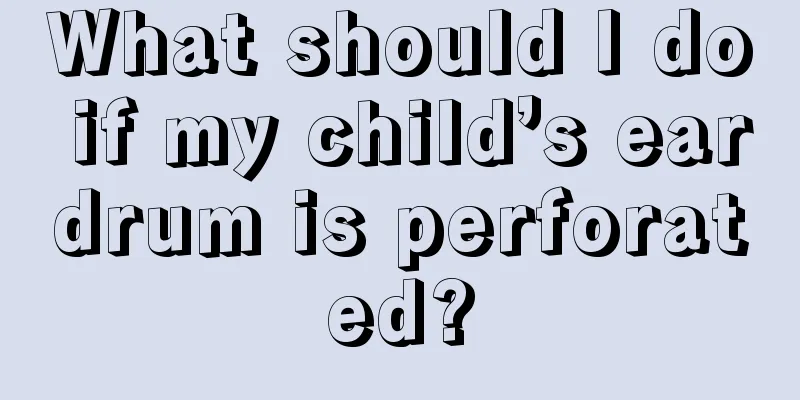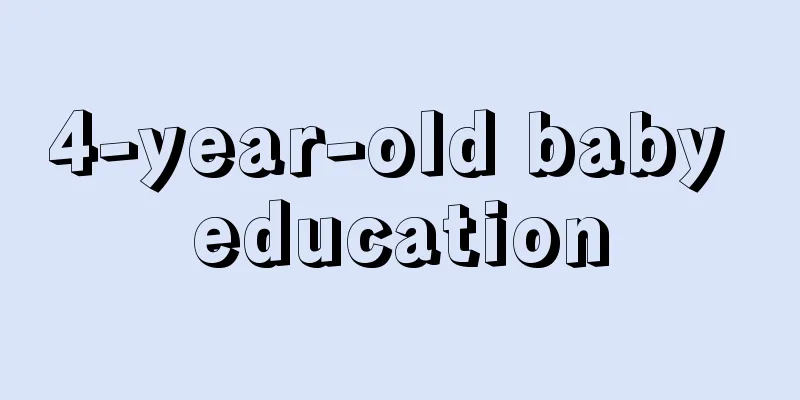What do blue veins on children's faces mean?
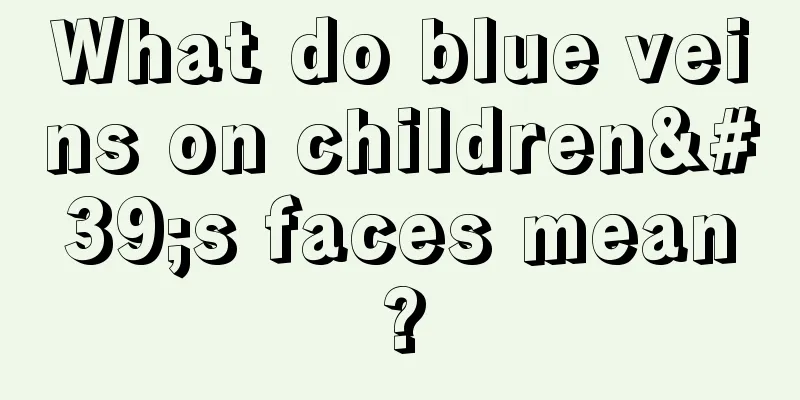
|
In the eyes of the older generation, blue veins on a child’s face is a very bad phenomenon. The elderly believe that the appearance of blue veins on the face is a sign of a high risk of developing certain diseases. So, what do blue veins on children's faces mean? What exactly is going on with the blue veins on children's faces? With these questions, let's read this article together to find out, hoping to find the answers to these two questions. In fact, although the blue veins that appear on the faces of infants and young children are not a sign of impending disaster, they are somewhat related to disease. In ancient times, there were no advanced examination methods, and doctors relied on observation, smell, questioning and palpation to diagnose diseases. For babies who can't speak. Observation is particularly important, and the blue veins on the face are a very important observation item. The ancients believed that babies with visible blue veins on their faces after birth were usually weak and susceptible to various diseases, such as convulsions, coughs, anorexia, and worm diseases (parasitic diseases). With the development of the times, high-tech instruments such as X-ray and CT have played a better role in disease diagnosis. Many subjective and ambiguous diagnostic methods, including "inspection of the blue veins at the bridge of the nose", are gradually being forgotten. However, in recent years, we have conducted more systematic research on the blue veins on the bridge of the nose and found some interesting phenomena. It seems that the blue veins on the face are somewhat related to respiratory diseases. Therefore, we set our next research target on children with respiratory diseases. We conducted long-term observations on children who are prone to repeated colds and children with asthma, and found that a high proportion of these children, about 60%, had blue veins on their faces. Among them, the incidence of blue veins at the root of the nose in children with asthma reached 70%. We examined the immune function of these children and found that those with blue veins had significantly low immune function. In traditional Chinese medicine diagnosis, the appearance of blue veins generally indicates "blood stasis" in the body. Sure enough, we found that the platelet aggregation function (a laboratory test that can reflect blood stasis syndrome) of the "blue vein baby" was obviously abnormal. Other tests also confirmed it. "Blue vein baby" does have symptoms of blood stasis. The above is an introduction to the blue veins on children’s faces. Therefore, the appearance of blue veins on a child's face may be a sign of certain diseases and should be taken seriously by parents. Parents should cultivate good exercise habits in their children and insist on appropriate physical exercise. At the same time, they should also pay attention to their diet and keep it nutritious and hygienic. |
<<: What are the precautions for children's winter diet
>>: How to treat children's cough with food therapy
Recommend
How to treat a child with a high fever of 40 degrees?
Some children have weak constitutions and need ca...
How much milk does a 7-month-old baby need in a day? How much milk does a 7-month-old baby need in a day?
Although 7-month-old babies can add some compleme...
Why do children urinate frequently?
Children's bodies are prone to some problems....
Do you know the causes of myopia in children?
Nowadays, more and more people are myopic, and ma...
What to do if your baby has poor digestion and vomits
It is very easy for babies to have poor digestion...
Symptoms of damp heat in children
Children have a relatively weak constitution and ...
Why is my baby breathing heavily?
Nowadays, any abnormality with a baby will "...
How to treat leg muscle pain in children
How to treat children's leg muscle soreness? ...
Baby torticollis corrector
Special attention should be paid to the baby'...
A complete guide to Chinese medicine patch therapy for children?
Children's body functions are not fully devel...
How to treat diarrhea in infants and young children?
Infant diarrhea is also called infant indigestion...
2 year old child cannot walk
When a child learns to walk, two years old is a g...
What to do if your baby swallows a red date pit
When babies are young, they are very curious and ...
Why does the baby grind his teeth at seven months old?
In our lives, many people have many adverse sympt...
Methods of educating young children
When the baby is young, we should not only pay at...
